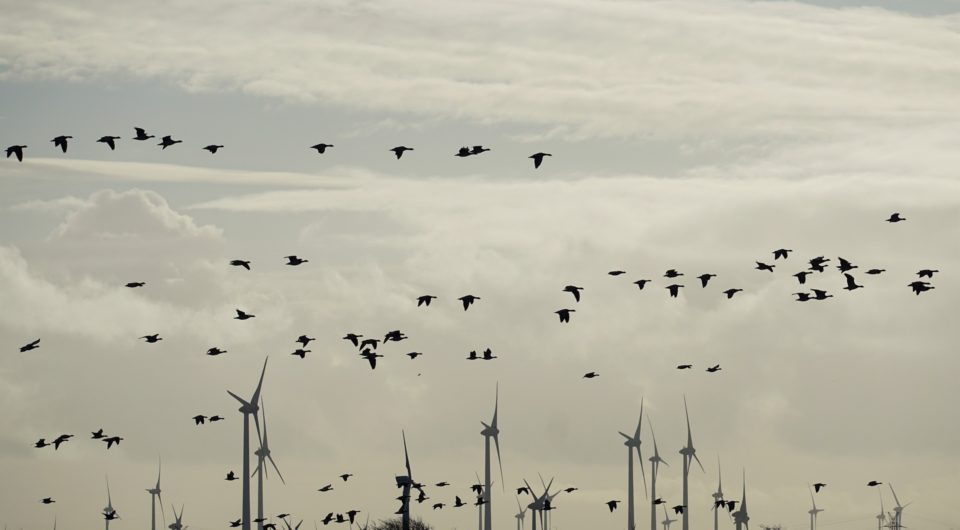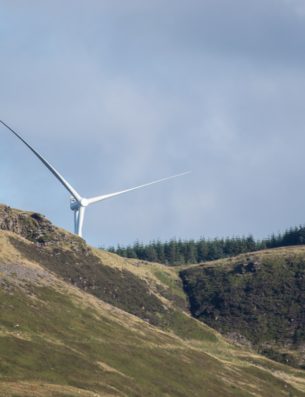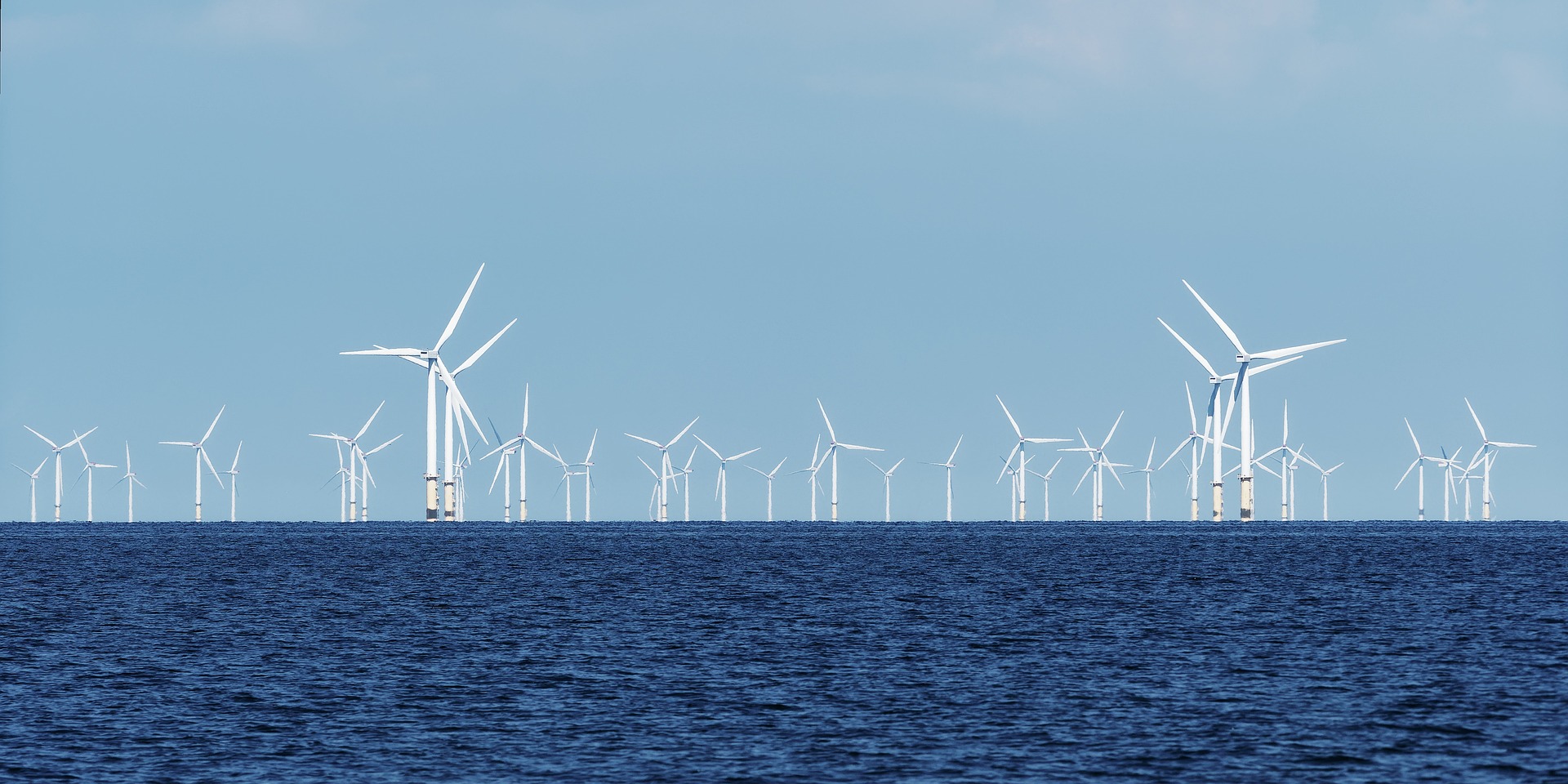Wind Power
Wales already produces twice the energy it needs, with roughly 55% coming from renewable energy sources. CPRW recognises and supports the transition to renewables. At present, wind power is the cheapest form of power generation, but it can be one of the most divisive forms of energy.
Offshore Wind
Wales has huge potential for offshore wind developments. Indeed, if Wales were to realise its offshore wind potential, we would produce twice the energy we require (By 2050) from offshore wind alone – without the need for any existing or new onshore wind, tidal energy, nuclear, hydro, or any other type of energy!
CPRW strongly supports offshore floating and fixed wind power and is supportive of the proposals in both the Irish and Celtic Sea, which could have huge economic benefits to the construction and steel industries.
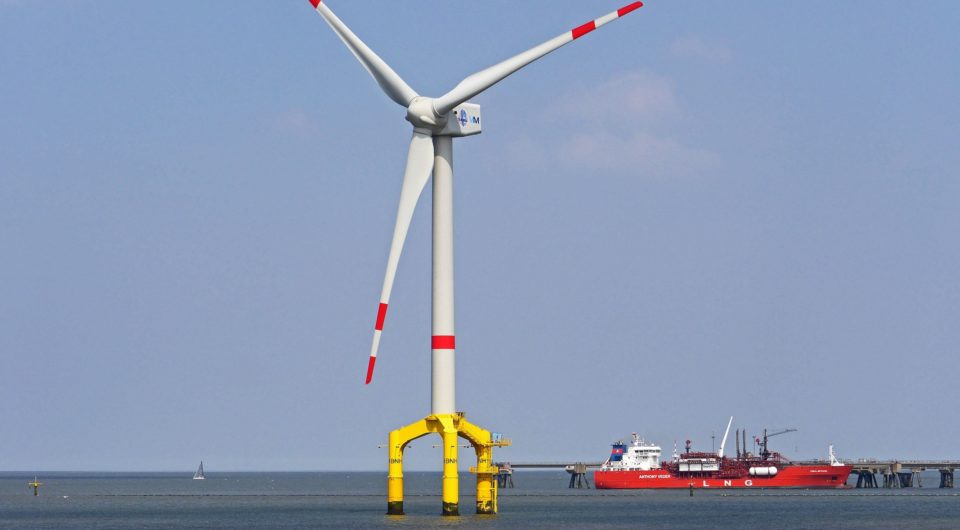
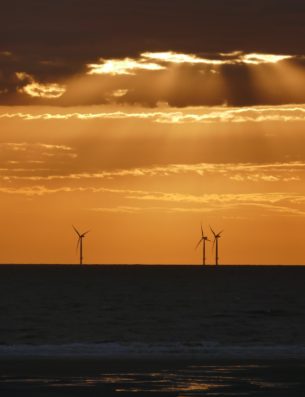
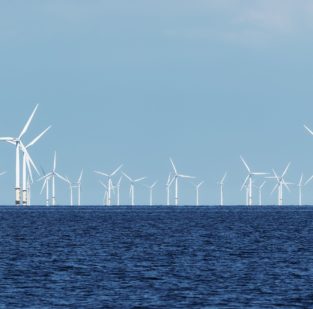
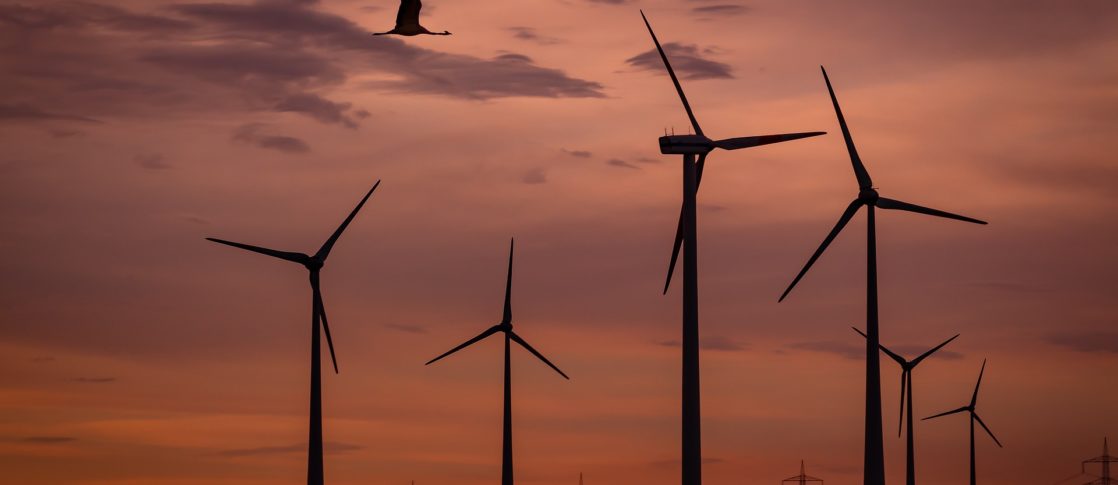
Onshore Wind
Whilst not being opposed to all onshore wind developments, CPRW will campaign against proposals which are too close to communities, detrimental to landscape quality and the biodiversity of the area and would add to the industrialisation of our countryside.
CPRW regards the Welsh Government policy to expand the number of onshore wind installations, and to concentrate them in specific so-called pre-Assessed areas designated in its policy document, Future Wales (FW), to be largely outdated given the recent developments in offshore wind.
Outdated policies
CPRW calls on the Welsh Government to work with the UK Government to re-focus this (FW) Policy which – despite several references to Wales’ offshore potential – has not advanced to reflect the increasing emphasis on and advances in offshore wind technology. Future Wales only covers terrestrial policy, and needs to be integrated with the Wales National Marine Plan into a single updated set of targets.
CPRW supports calls to devolve the Crown Estate to ensure that Wales is able to optimise the revenue from its offshore potential.
